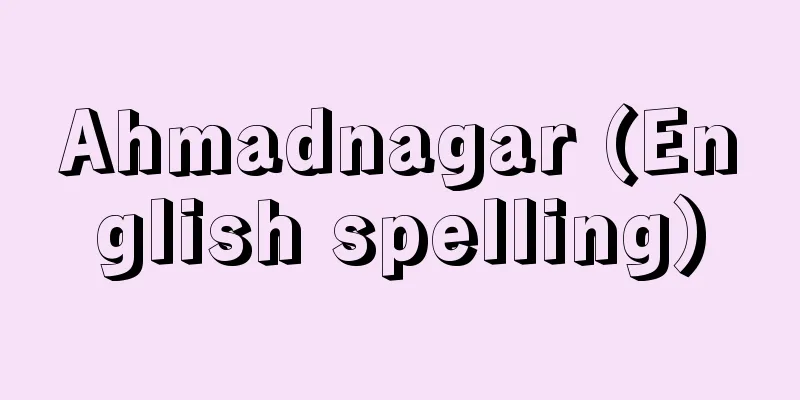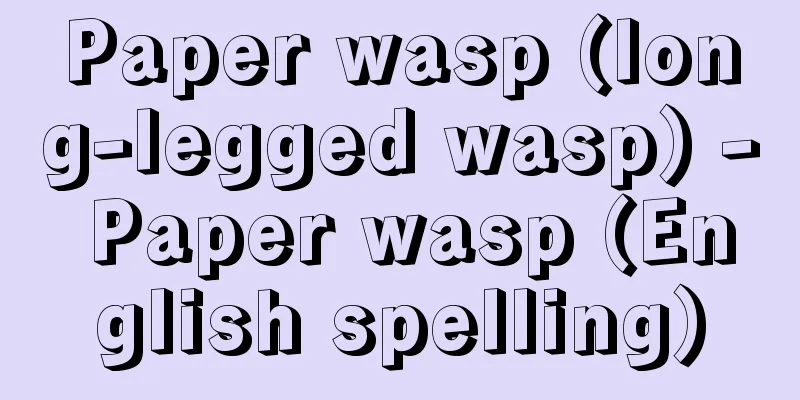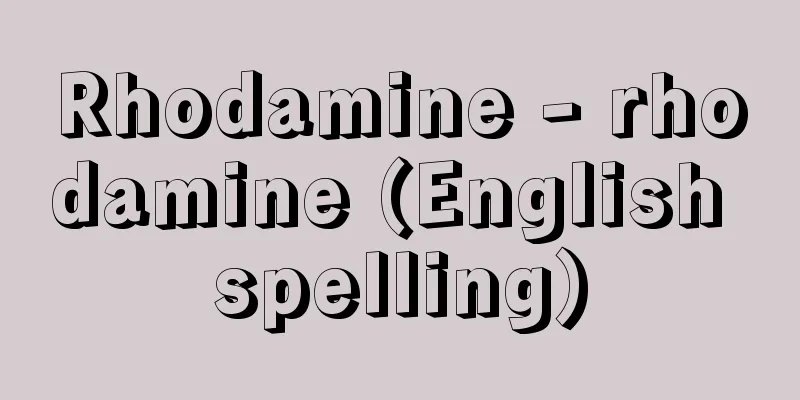Intuition

|
It refers to the mental function of intuitively perceiving, judging, and acting on things. When it is considered to be an ability that goes beyond the five senses such as sight, hearing, and touch, it is also called the sixth sense, but it is distinguished from extrasensory perception, which is not mediated by any known sensory organs. When it is used to describe an idea that occurs by chance, beyond one's own willpower, in a problem-solving situation, it is synonymous with the foreign word inspiration, meaning a flash of inspiration or revelation. In this case, it refers to the function that appears after a long period of thinking, and one is aware of the dramatic emotion of being freed from searching. However, intuition does not necessarily presuppose long-term experience, and it can also be used to refer to a potential ability that varies from person to person, as in the words "some people have good intuition" and "some people have bad intuition." Intuition is not only used in terms of cognition, but also in terms of movement and work behavior. It is also related to the everyday term "good motor nerves," and can also mean the ability to perform skillful and dexterous movements. Intuition has a positive function in facilitating the learning process and the execution of mental activities, while its opposing negative function is inhibiting, such as fixation and rigidity. Fixation occurs when a function that was effective in a certain situation becomes fixed and interferes with a function that is appropriately effective in a new situation (problem scene), and always sticking to one attitude and being unable to adopt a flexible attitude is said to be a rigid character. [Takashi Ogawa] [References] |Source: Shogakukan Encyclopedia Nipponica About Encyclopedia Nipponica Information | Legend |
|
直観的に事柄を感知したり、判断したり、行動したりする心の働きをさす。通常の視覚・聴覚・触覚などの五感を超えた能力とみられるときには第六感ともいわれるが、既知の感覚器官をまったく媒介としない超感覚extra sensory perceptionとは区別される。また、問題解決の場面で、自己の意志統制を超え、たまたま出現した着想としていうときには、外来語のインスピレーションinspirationと同義で、ひらめき、啓示などを意味する。この際には長い思考のあとに出現する働きをさすが、模索から解放された劇的な感動を自覚する。しかし、勘はかならずしも長期の経験を前提とするのではなく、勘がいい人・悪い人などといわれるように、生得的な個人差のある潜在的能力にも用いられる。 勘は認知面についていわれるだけでなく、動作、作業の行動面についてもいわれる。日常いわれる運動神経がよいということにも通じ、巧みな運動、器用な動作の能力を意味することもある。 勘は学習過程、心的活動の遂行を促進するものとしての積極的な働きをさすが、これに対立する消極的な働きをさすものとして、固着fixation、硬さrigidityなどの抑制作用があげられる。ある事態で効果をもった機能が固定化し、新しい事態(問題場面)に適切に効果をもつ機能を妨害するのが固着であり、また、つねに一つの態度に固執し、融通な態度をとりえないのは性格の硬さといわれる。 [小川 隆] [参照項目] |出典 小学館 日本大百科全書(ニッポニカ)日本大百科全書(ニッポニカ)について 情報 | 凡例 |
Recommend
Vakhtang Gorgasal
...At the end of the 4th century, the Sassanid Em...
Mr. Sato - Satouji
The Hidesato lineage of the Fujiwara clan, whose a...
Dositej Obradović (English spelling)
1739?-1811 Yugoslav writer, philosopher, and educa...
Spider fly - Spider fly
A general term for insects belonging to the Dipter...
Red
It is said that in ancient times, "aka"...
Big blowfly - Big blowfly
→ Black fly Source : Heibonsha Encyclopedia About ...
Buying down - Kaisagari
…Generally, it refers to the movement of a day, b...
Chara corallina (English spelling) Chara corallina
…[Mitsuo Chihara]. . . *Some of the terminology t...
Angaridium
… The Angara flora is also called the Kuznetsk fl...
West Virginia
W.Va. is a mining state in the central eastern Uni...
Acute gingivitis - Acute gingivitis
…There are acute and chronic types, the latter be...
Occipital bone
The occipital bone is a large bone that occupies ...
Comparative economic systems
In a society, various economic institutions and me...
Kinasa [Village] - Kinasa
A village in Kamiminochi County in northern Nagano...
Brandy - Brandy (English spelling)
The word brandy comes from the Dutch word brandew...









